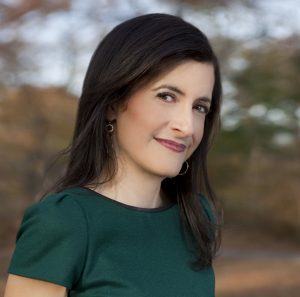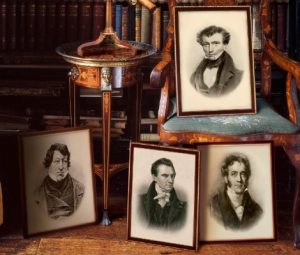The Smithsonian Libraries has published a new Dibner Library Lecture manuscript, The Philosophical Breakfast Club and the Invention of the Scientist, by author Laura J. Snyder, associate professor of philosophy at St. John’s University in New York City. Begun in 1992, the Dibner Library Lectures feature a distinguished scholar who has made significant contributions to his or her field of study. Since 2000, the Dibner Library Lecture has become available in published form. The lecture series and its publication are made possible by the support of the Dibner family.

In 1833, when the poet S.T. Coleridge stood up at a meeting of the British Association for the Advancement of Science and demanded that its members stop calling themselves “natural philosophers,” one man was ready with an alternative title: “scientist.” In inventing the name for the modern man of science, William Whewell was continuing a task he and three of his friends had set for themselves two decades earlier. After meeting at Cambridge University in 1812, Whewell, Charles Babbage, John Herschel and Richard Jones discussed the sorry state of science at “philosophical breakfasts” held on Sundays after the compulsory college chapel services. They vowed to bring about a new scientific revolution.

Each of the four would go on to accomplish great things: Babbage invented the first computer, Herschel was a great astronomer who also co-invented photography, Jones became an economist of note who influenced Karl Marx, and Whewell spearheaded international research on the tides. But their influence goes farther: by the end of their lives these four had succeeded, even beyond their wildest dreams, in transforming science. The amateur natural philosopher—the country curate collecting beetles in his spare hours, or the industrialist studying the chemistry of flax-bleaching—became the professional scientist, who was trained at the university, belonged to specialized societies, published in scientific journals, and, eventually, could earn a living by scientific work. The invention of the modern scientist was brought about through the decades-long friendship of four remarkable men.

Be First to Comment